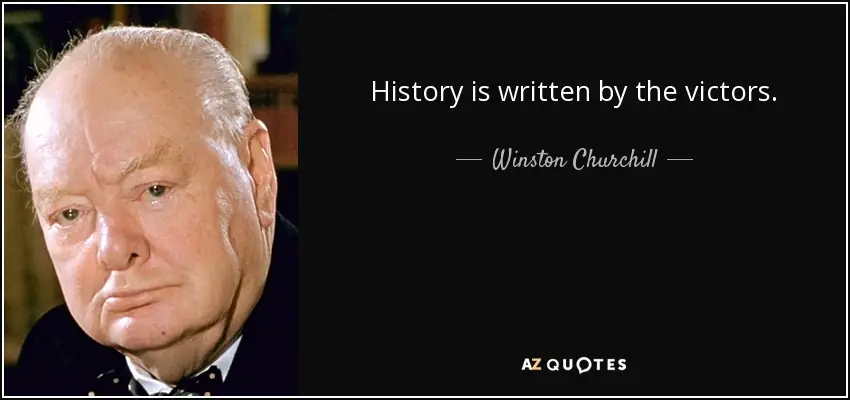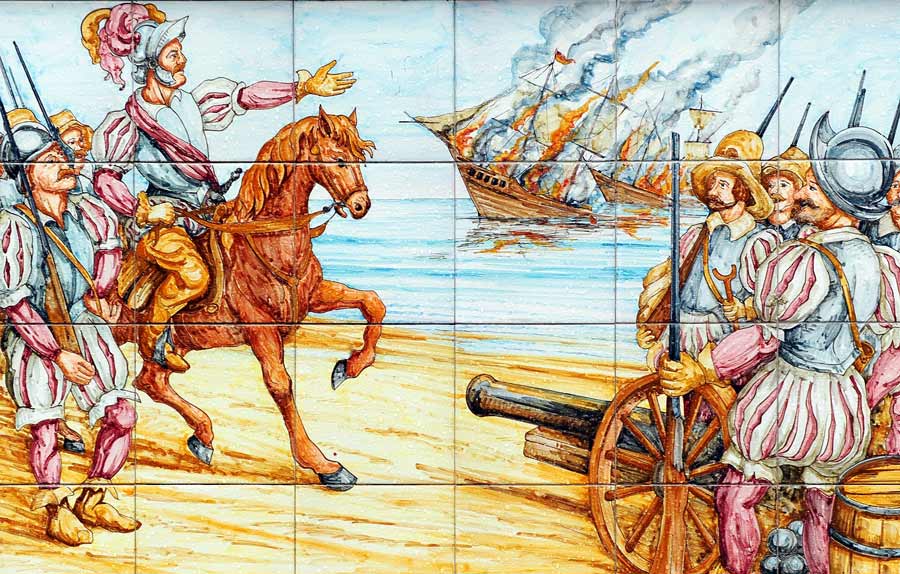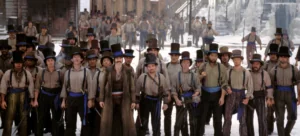Ever wondered why history books seem to tell one side of the story? It’s because history is often written by those who win, shaping our understanding of the past in their favor. “History is written by the victors,” a phrase famously attributed to Winston Churchill, is just one illustration of the inherently biased nature of historical narratives. It suggests that the winners of conflicts have the power to craft and dominate the stories that are passed down, often sidelining the defeated. As we dive into this concept, let’s see who gets to tell the story and whose stories are left out.

✅ AI Essay Writer ✅ AI Detector ✅ Plagchecker ✅ Paraphraser
✅ Summarizer ✅ Citation Generator

Victors not only win battles but also have the privilege to tell their stories. These narratives often emphasize their courage and righteousness, building a legacy that overshadows the defeated. This selective recounting influences how societies remember past events, molding collective memory to reflect the victors’ virtues and, at times, justifying their actions under the disguise of heroism or divine mandate.
The Silenced Stories of the Conquered
Perhaps nowhere is the maxim “History is written by the victors” more vividly illustrated than in the conquest of the Aztec Empire by Hernán Cortés in the early 16th century. This episode shows how the Spanish victors controlled the narrative, portraying their conquest as a noble mission to civilize and spread Christianity, while the catastrophic impact on the Aztec civilization—ranging from cultural erasure to demographic collapse due to violence and disease—was minimized or outright ignored in mainstream historical materials.
In this context, the Aztec perspective is often overshadowed, if not lost, painting an incomplete picture of the conquest. The voices of the Aztecs and their interpretations of the events, their rich culture before the Spanish arrival, and their resistance during and after the conquest are downgraded to the margins of history if mentioned at all.
| Aspect | Main Ideas |
|---|---|
| The Fall of the Aztecs 🌅 | In the 1500s, Hernán Cortés led a Spanish expedition defeating the Aztec Empire. The Spanish framed this as a mission to bring civilization and Christianity, minimizing the violence and suffering inflicted. |
| Silenced Voices 🤐 | The Aztec view is rarely found in history books. Most accounts come from the Spanish, leading to a one-sided story that glorifies the conquest while ignoring the Aztecs’ suffering and loss. |
| Reexamining the Narrative 🔍 | Modern researchers are digging deeper into Aztec and indigenous accounts, using archaeology and surviving texts to reveal a more complete story of the conquest, including the rich Aztec culture and the tragedy of their downfall. |
The realization that history is shaped by the victors challenges us to critically examine the sources of our historical knowledge. Ask yourself: Who is telling this story? Whose interests are being served? What perspectives might be missing from the established narrative?
This critical approach to history doesn’t lead to the undermining of the accomplishments of those in power. On the contrary, it allows us to recognize and question the biases that can influence historical accounts as well. It encourages a more inclusive approach to historiography. The one that brings forward the voices of historically marginalized groups and confronts the complexities of power dynamics that have shaped our understanding of the past. By broadening our perspective, we can appreciate the full spectrum of human experiences and understand the past more completely.

Wrap Up
The phrase “History is written by the victors” serves as a powerful reminder of the biases inherent in historical narratives. It shows us the importance of approaching history with a critical and inquisitive mindset, seeking out diverse perspectives to gain a fuller understanding of the past.
FAQ
Follow us on Reddit for more insights and updates.





Comments (0)
Welcome to A*Help comments!
We’re all about debate and discussion at A*Help.
We value the diverse opinions of users, so you may find points of view that you don’t agree with. And that’s cool. However, there are certain things we’re not OK with: attempts to manipulate our data in any way, for example, or the posting of discriminative, offensive, hateful, or disparaging material.